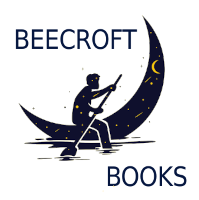Interviewed on the Romantic Novelists’ Association blog
In the good news category, I have a lovely interview up on the RNA blog (the RNA being the British equivalent of the RWA.) http://romanticnovelistsassociationblog.blogspot.com/2011/11/interview-with-alex-beecroft.html And in other good news, I found a backup of my website (done in August!) which has enabled me to get it back up on its different server in days…
